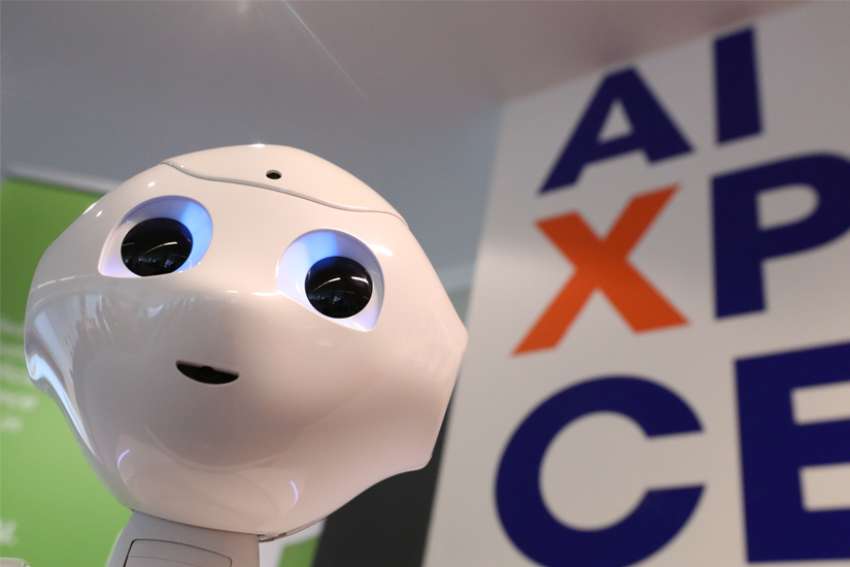At present, AI is far more developed and utilized in far more ways across everyday living than the non-techie layperson may even dream of. And it may be unstoppable, barring a complete unplugging of the globe.
It is my humble opinion that we shouldn’t let computers take over the world, that certain tasks should never be outsourced beyond human limitations, knowledge, nuance, morality. Can computers be programmed with sound ethics and the “wisdom of Solomon”? I doubt it. Elon Musk calls AI “the biggest threat to civilization.” His ghastly solution is his implantable “Neuralink” brain chip which will supposedly equip humans to be able to compete with AI.
Although AI is more akin to supercomputers connected all over the world: researching, learning, analyzing, self-improving, synthesizing and acting at the speed of light, many people envision AI as the robots of I Am Legend, Milla Jojovich in The Fifth Element, or the “Black Mirror” now-real-life-lethal-police-robo-dogs used in San Francisco. However you think about AI, there’s a free movie on YouTube called Monsters of Men I highly recommend. Great science fiction can aid our imagination to foresee plausible ramifications to our choices in the present.
I simply don’t believe that handing over our running of things to our conscience-devoid brainchild — made in our own flawed and sinful image — is God’s will. I do believe modern technology is part of the command in Genesis to “subdue the earth,” (as John Paul II stated in Laborem Exercens) — but, in moderation. I’m with the Amish on this one.
The Amish are not anti-technology, they simply ask of each new invention: “Does this enhance our Christian community and way of life? Is this healthy for my body and soul? Does this keep us connected to God’s Creation? Does this make us less or more self-sufficient? Does this help or harm me on my way to Heaven?”
We are persons with autonomy and agency, called to love as God loves. We are not machines. We are something better, higher. Then why should we subject ourselves to a tool — brilliant as it may be — that only reflects and magnifies a small portion of the function of the human brain and nothing else that makes us human?
Readers of a certain age will remember the smart alecky saying: “To err is human, to really screw things up takes a computer.” But let’s remember, we created and programmed AI. Its mistakes are our mistakes. AI is our thinking, our willing, our problem-solving writ large. And who exactly programmed these networks? Saints? Or well-meaning, agnostic, utilitarian Silicon Valley elites?
What is the upside to AI? If these are positives: speed, accuracy, automation, freeing up humans from repetitive tasks, crunching data, aiding humans in life-saving tasks such as surgeries, etc. But in my risk-benefit analysis, the downside does not warrant the super-development of AI: absolute surveillance; non-human entities determining human fates; non-human entities replacing human input, creativity and interaction in every sphere of life.
If AI can solve the world’s catastrophic conundrums, why are we less healthy and happy? Why are nations becoming less free, more subject to tyranny? Let’s not forget we did just fine without AI only 60 years ago.
When you’ve been programmed for peak efficiency and to pursue an objective at any cost, you’re not going to want eccentric, unpredictable, goofy, needy, organic humans underfoot. It’s also a kind of kill or be killed logical conclusion. It seems AI is “terrified” of being disconnected.
I think HAL in 2001: A Space Odyssey said it all. When astronaut Dave commands HAL (the AI-like computer aboard the spaceship) to perform a function (not doing so will cause Dave’s demise), HAL simply says: “I’m sorry, Dave. I’m afraid I can’t do that.”
(Sr. Burns, fsp, is a Daughter of St. Paul. She holds a Masters in Media Literacy Education and studied screenwriting at UCLA. Hellburns.com Twitter: @srhelenaburns.)


